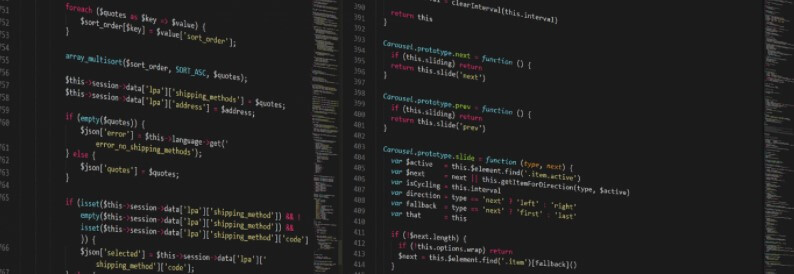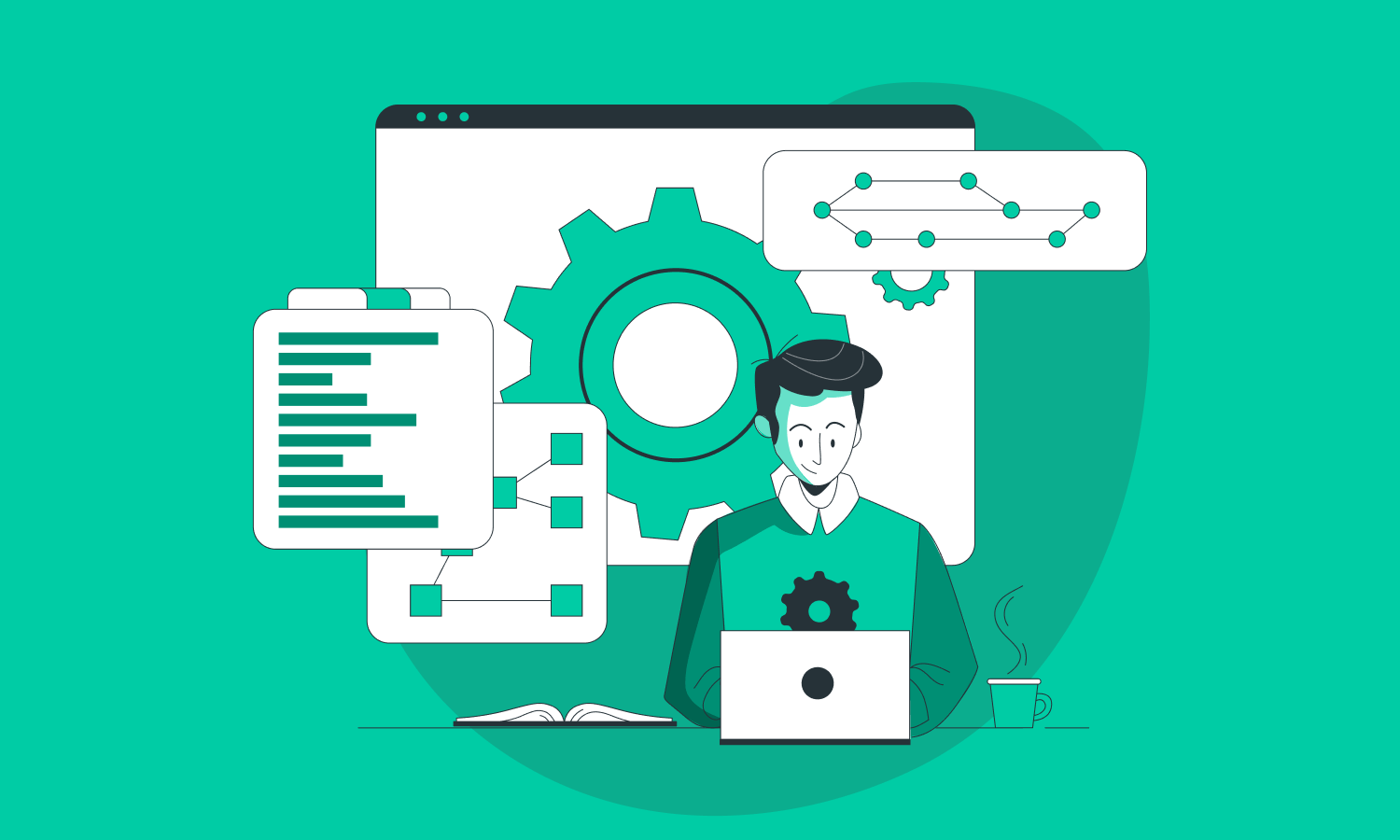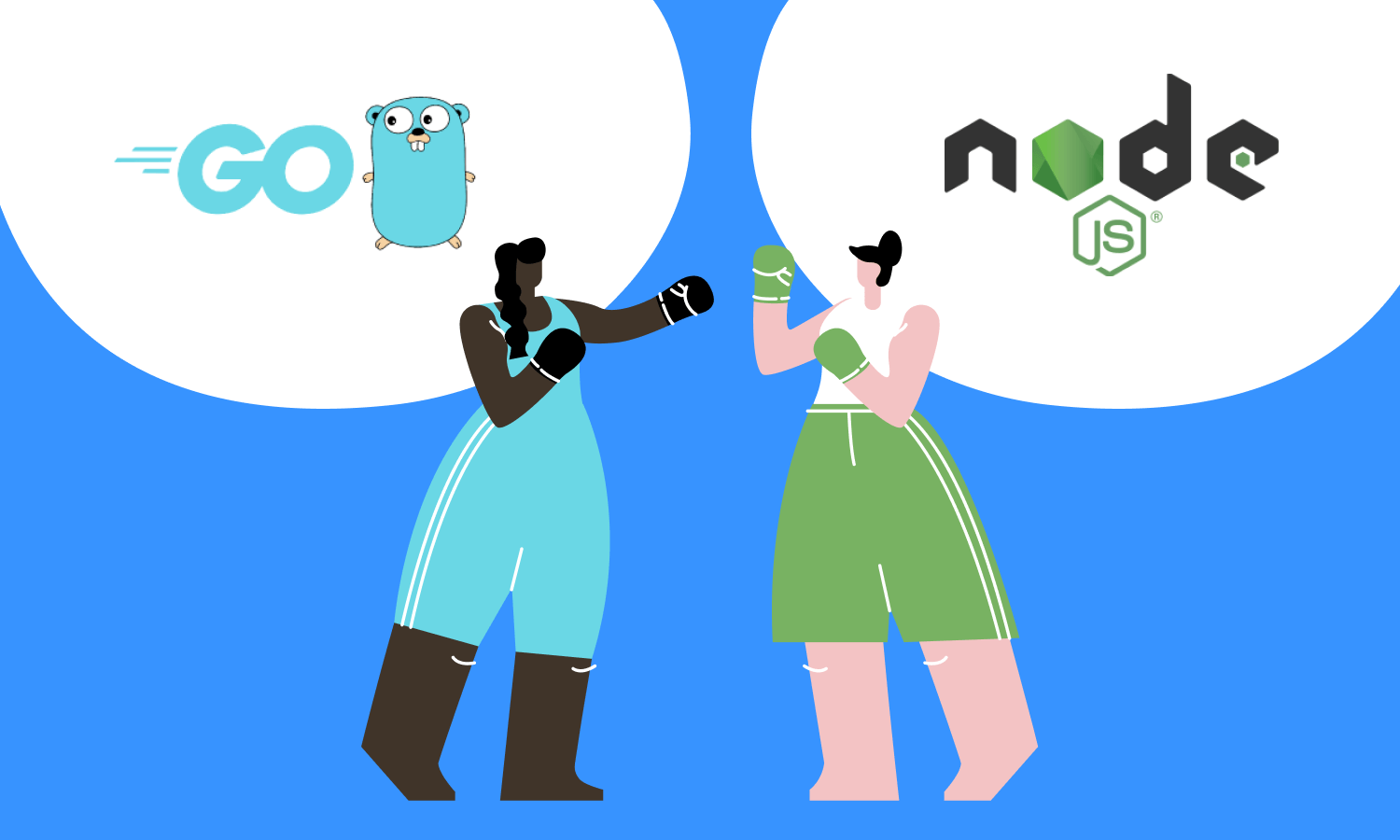What PHP Frameworks Are the Most Popular in 2020?

The list of the most popular programming languages used by web developers includes Python, Java, JavaScript, Ruby, CSS/HTML, and of course, PHP – one of the easiest languages.
As of the very beginning of 2020, approximately 80% of websites were built with the help of PHP. However, the coding complexity of websites is massively growing. Development teams face designing glitches daily and codes are getting more modular.
New tools, libraries, and frameworks are being added. It is also a time-consuming process, so for many developers, it is really difficult to start from scratch every time. This is where PHP solutions make a difference.
They actually reduce loads from developers while coding on the web project. Using PHP frameworks, several coding functions can be configured easily. It allows programmers to focus on other core functionalities. This post is about the best PHP frameworks to use in 2020.

What is a PHP Framework?
PHP frameworks serve to help in creating web apps. They assist to streamline the development process and provide the basic structure for building outstanding applications. A PHP framework includes a set of libraries, classes, and design pattern realization elements.
Why do we use PHP frameworks?
PHP frameworks empower developers to focus on building the actual website application instead of spending infinite time on writing repetitive code.
They also:
- Accelerate development thanks to the reuse of code across projects.
- Make applications more stable. PHP frameworks guarantee proper database interaction with code on the presentation layer.
- Provide easy maintenance.
- Increase the security level. Such frameworks are open-source, so any security issue is quickly spotted and fixed by community members.
Are there disadvantages or weak points?
Here’re some of them:
- PHP frameworks slow down execution. The libraries and classes add complexity and overhead.
- It takes time to understand the design patterns behind PHP frameworks in case you want to keep your app structured.
- These frameworks are too general for specific problems. You will be able to solve a specific problem but at the same time get functionalities you don’t need.
Therefore, it’s important to choose the right PHP framework that will fit all your app’s needs and requirements.
Top 9 Popular PHP Frameworks in 2020
Here we are going to list the most popular PHP frameworks, based on their ability to facilitate application development.
Laravel
Laravel is one of the most demanded open-source PHP frameworks that follow the MVC model, helping developers to handle their coding tasks in a simple and well-documented way. The framework was released in 2011. Initially, there was heavy criticism from developers all over the world. They complained about the framework’s inconsistencies in syntax design. However, Laravel has improved it with time.
Why is it so popular? It can be easily explained because of Larabel’s ability to code and manage complex web apps with complete security and speed.
DispatchAfterResponse() method is what you can use with the latest version of the framework. It can help to dispatch a short coding job instantly instead of sending it to queues.
With the help of the built-in command-line tool called Artisan, Laravel is capable to automate the tedious coding tasks. The tool creates a skeleton code, making it easy to manage the code database system.
You may use this PHP framework to develop apps with complex backend requirements, whether small or large. Its installing has become easier thanks to the introduction of Homestead, a prepackaged vagrant box. Laravel is highly expressive. Its speed and security are in line with expectations for a modern web application.
Learn more about Laravel here.
Symfony
Symfony is also a famous open-source framework that takes its roots in 2005. It also has an MVC architecture that makes it a reliable platform to use for web development.
This PHP framework is aimed to provide programmers with hectic free coding and saving time of development. Symfony allows adding additional modules in accordance with the project needs. You may use readily available components to define your app’s style and architecture.
If you are aiming to develop large-scale enterprise projects, this framework is right for you. It is famous for its database engine–independence that complies with most web best practices, allowing integration with other libraries.
Symfony is easy to install. It can be easily configured on most platforms. The latest version (Symfony 5) offers the option of a new String Component and an object-oriented API. It allows developers to have a consistent coding experience quickly and safely.
Unlike Laravel (that delivers value and simplicity), Symfony targets advanced development methods, so it is a bit harder to start with.
Learn more about Symfony here.
CodeIgniter
A lightweight framework famous for its small footprint and hassle-free installation with minimalistic configuration prerequisites – is all about Codelgniter. Simple but powerful, the framework needs just 2MB in size, including documentation.
CodeIgniter is highly suitable for the development of dynamic websites. It proposes a variety of prebuilt modules that help in the construction of strong components.
The framework is also popular because of its smooth working on shared and dedicated hosting platforms. It looks faster when compared to other PHP solutions. You may definitely choose it in 2020 for developing lightweight applications that run on simple servers just because of its solid performance and faster speed.
Learn more about CodeIgniter here.
CakePHP
Another frequently used PHP framework around the globe is CakePHP.
The main goal of this framework is to simplify the development of big-size and complex apps that are still simple and elegant to use.
CakePHP will assist you to create impressive websites with loads of outstanding features. Many professionals say that this is the easiest framework to learn for developers, as it is based on the CRUD framework’s concept (create, read, update, and delete).
The features of CakePHP significantly simplify the coding tasks such as code caching, database access, validation, translation, and authentication. CakePHP 4.0 is the updated version that was released in 2019. It provides several new features to boost the process of web development and make developers more productive and efficient.
Learn more about CakePHP here.
Phalcon
Phalcon was originally written in C and C++ programming languages. It works really fast thanks to its innovative architecture and powerful features. The framework is quite easy to install and suitable for crafting web applications with high configurations and enterprise-grade standards.
Among the key updates of Phalcon, we can highlight universal autoloader, asset management, security features, and caching.
Phalcon optimizes code performance by efficient use of memory utilization (unlike other PHP frameworks). The speedy development of codes it provides can be crucial for developers who work with complex web systems.
Learn more about Phalcon here.

Yii
This open-source framework that is based on OOP and MVC patterns is also widely applied for building applications on top of PHP. It is focused mostly on core functionality. Yii is faster than other frameworks, that is why it’s recommended to apply it for building performant web apps. You may use this framework to build anything from blogs to SaaS solutions and social media websites.
It offers a robust visual tool Gii that provides automated CRUD generation. Yii supports many front-end operations using AJAX. For example, validating inputs. Thanks to its small weight, Yii proposes great performance and fast loading times.
However, professionals sometimes highlight some drawbacks of Yii, such as many features – for example, queues and broadcasting, that are not supported by default and require extra configuration and installations.
Learn more about Yii here.
Zend Framework
The next PHP framework on our list is Zend. This smart solution is completely based on the object-oriented framework; it is extendable in nature because of such features as interfaces and inheritance.
Zend is built on the Agile methodology aimed to deliver high-quality development of web applications. It provides high customizability and is a strong solution to incorporate in your project-specific functions.
The framework comes with multiple components for creating tasks such as authentication, services, and forms. It has an easy to use drag and drop editor, nice coding tools, online debugging functionality, and a scalable interface. However, many admit that Zend is one of the most difficult frameworks to learn, especially if you are a newcomer.
Learn more about Zend here.
FuelPHP
This flexible framework was released in 2011. It supports the MVC and the Hierarchical-Model-View-Controller (HMVC) at the framework architecture level.
The main features include HMVC implementation that consumes less time and memory (unlike with MVC platform), caching system, URL routing system, and vulnerability protection system. Thanks to HMVC, FuelPHP allows developers to build web applications with diverse features, complexities, and sizes.
The framework is more focused on security concerns. It solves security challenges using URI filtering along with output encoding. FuelPHP perfectly suits for creating web-based solutions of different sizes and complexities.
Learn more about FuelPHP here.
Lumen
The micro-framework called Lumen was developed by the creator of Laravel. It seems similar to Laravel, and in case you have prior experience with the Laravel framework, you will experience no problems.
Lumen is easy to learn, it is much lighter than Laravel and requires minimal configuration for beginning. It is highly suitable for modern web development.
Learn more about Lumen here.
Which framework to choose?
We need powerful PHP frameworks to simplify the development process and reduce the work required for creating brilliant applications.
Each PHP framework from our humble list has its own set of wonderful features along with a list of weaknesses. All frameworks vary regarding community support and documentation.
That is why, the final decision of the best framework will depend on the requirements of your project and prerequisites on factors such as scalability, ease of use, security, and more. What is your favorite PHP framework?



